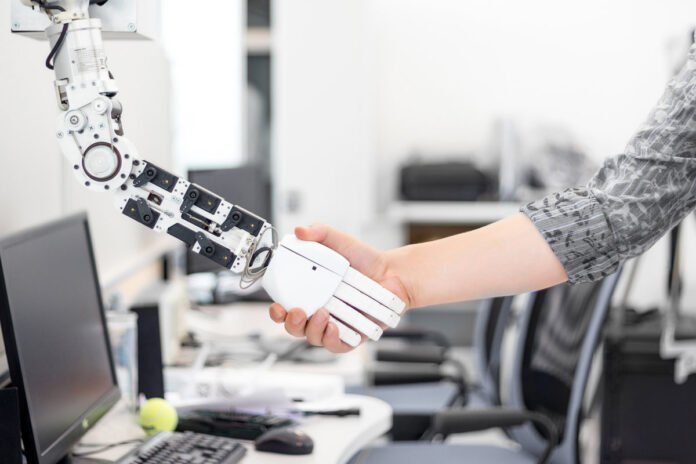Introduction
Artificial Intelligence (AI) is a rapidly advancing technology that has the potential to change the way we live and work. With its ability to process vast amounts of data and make predictions, it has the power to improve our lives in countless ways. However, it also raises important ethical and societal questions that need to be considered.
In this blog post, we will explore the pros and cons of AI and discuss whether it should be considered a friend or a foe.
Pros of Artificial Intelligence
One of the biggest advantages of AI is its ability to process and analyze large amounts of data quickly and accurately. This can be incredibly useful in fields such as medicine, where AI can assist doctors in diagnosing diseases, and in finance, where it can help detect fraudulent transactions.
AI can also be used to automate repetitive tasks, freeing up human workers to focus on more complex and creative tasks. This can lead to greater efficiency and productivity in various industries.
Additionally, AI can be used to improve public services such as transportation and emergency response. For example, self-driving cars could reduce the number of accidents caused by human error and make transportation more efficient.
Cons of Artificial Intelligence
One of the main concerns about AI is the potential for job loss. As machines become more capable of performing tasks that were previously done by humans, there is a risk that certain jobs will become obsolete. This could lead to widespread unemployment and economic upheaval.
However, it’s important to note that AI can also create new jobs and opportunities, such as in the field of Artificial Intelligence development and maintenance. Additionally, AI can improve efficiency and productivity in various industries, leading to economic growth and the creation of new jobs. It’s also worth mentioning that, it’s the net effect of job loss and job creation due to AI that’s important, and it’s not certain yet how it will play out in the long run. It’s important to consider the potential job loss and work to mitigate it by reskilling and upskilling workers to adapt to the new technological landscape.
Another concern is the potential for bias in AI systems. If an AI system is trained on biased data, it can perpetuate and even amplify existing inequalities.
Finally, there is the question of control and accountability. As AI systems become more powerful, it becomes increasingly difficult to understand how they make decisions. This raises important questions about who is responsible for the actions of an AI system and how they can be held accountable.
Conclusion
Artificial Intelligence has the potential to bring about many benefits, but it also raises important ethical and societal questions. It is important that we consider both the pros and cons of AI and take steps to mitigate the potential negative impacts. Ultimately, it is up to us to decide whether AI should be considered a friend or a foe.













